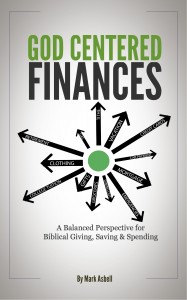Has anyone ever presumed, or judged, you based on what they may, or may not, know about you? I know what that is like – to be wrongly judged, but if I’m honest with myself I have to admit that I’ve been guilty of wrongly judged too. But there’s usually a reason that leads to such a presumption.
In relationships our tendency to presume innocent is influenced by a mix of current and historic behavior. If a person has hurt us our trust is hindered, our walls of suspicion and defense are up, and our presumption is guilt rather than innocence any time there is a question of character. If a person has worked to have a good relationship with us and build trust with us then it is much easier for us to presume innocence when thoughts of character judgement enter our mind.
The question we need to ask is not, “Who in my life do I trust enough to presume innocent?” The question we should be more concerned with is, “Who in my life would consider me a trustworthy relationship that they naturally presume innocent?” The first question is about what’s in it for us, but the second question is about what’s in it for others. When we challenge our self to be a better spouse, parent, family member, or friend it is ultimately better for everyone including our self.

